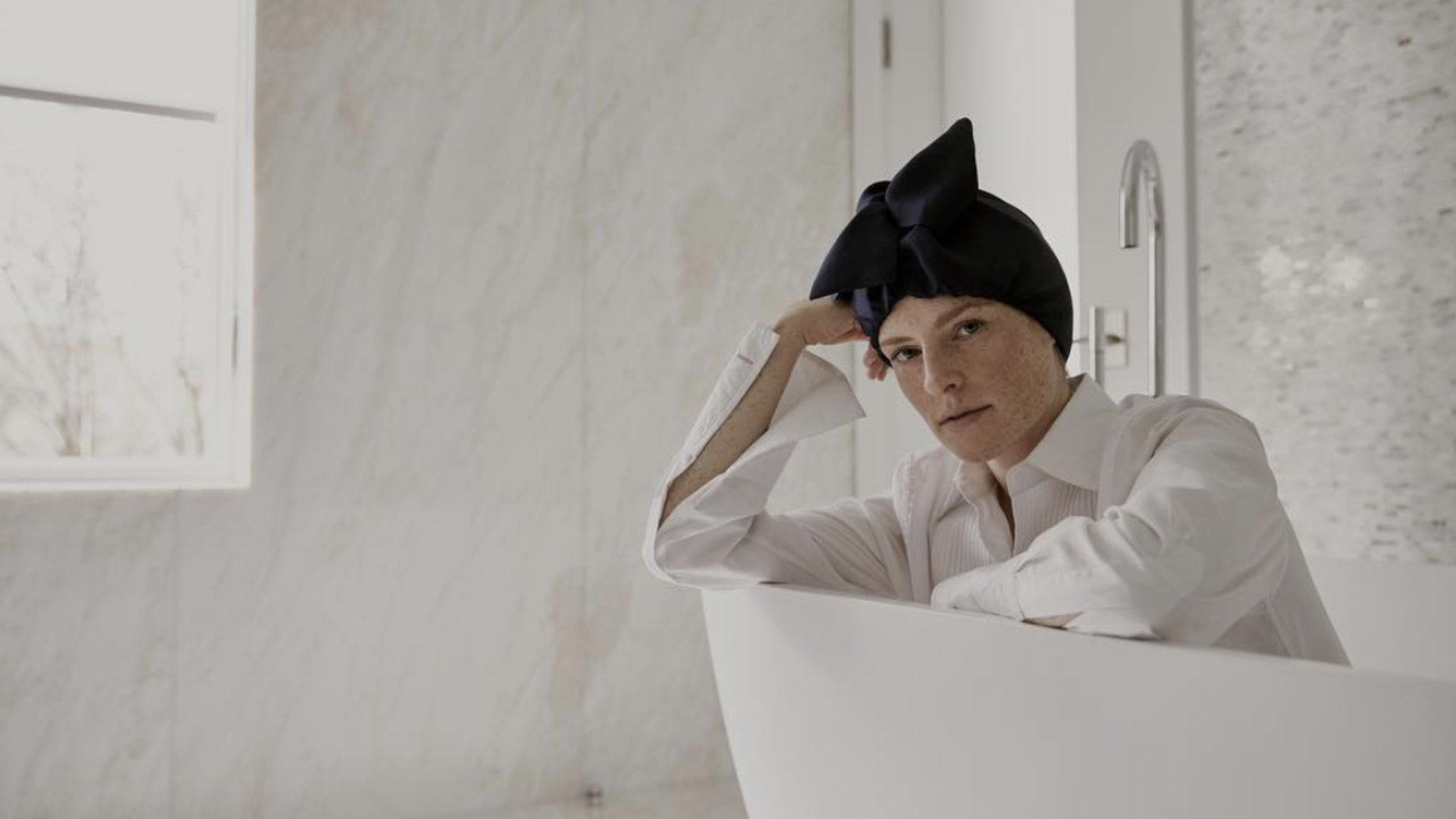
There’s a new defendant in the court of cultural appropriation, and you won’t believe the plea she’s making. NiteCap founder Sarah Marantz Lindenberg, who is a Caucasian woman, claims she invented the hair bonnet, and we object.
The history of Black hair provides ample evidence proving that Black women have been wearing the hair accessory for centuries and that Lindenberg’s “invention” isn’t new.
For generations, Black women have relied on the hair accessory to preserve the health of our hair, and ensure that our hairstyles last. It’s for those same reasons that Lindenberg sought to “invent” the NiteCap which retails for $98.
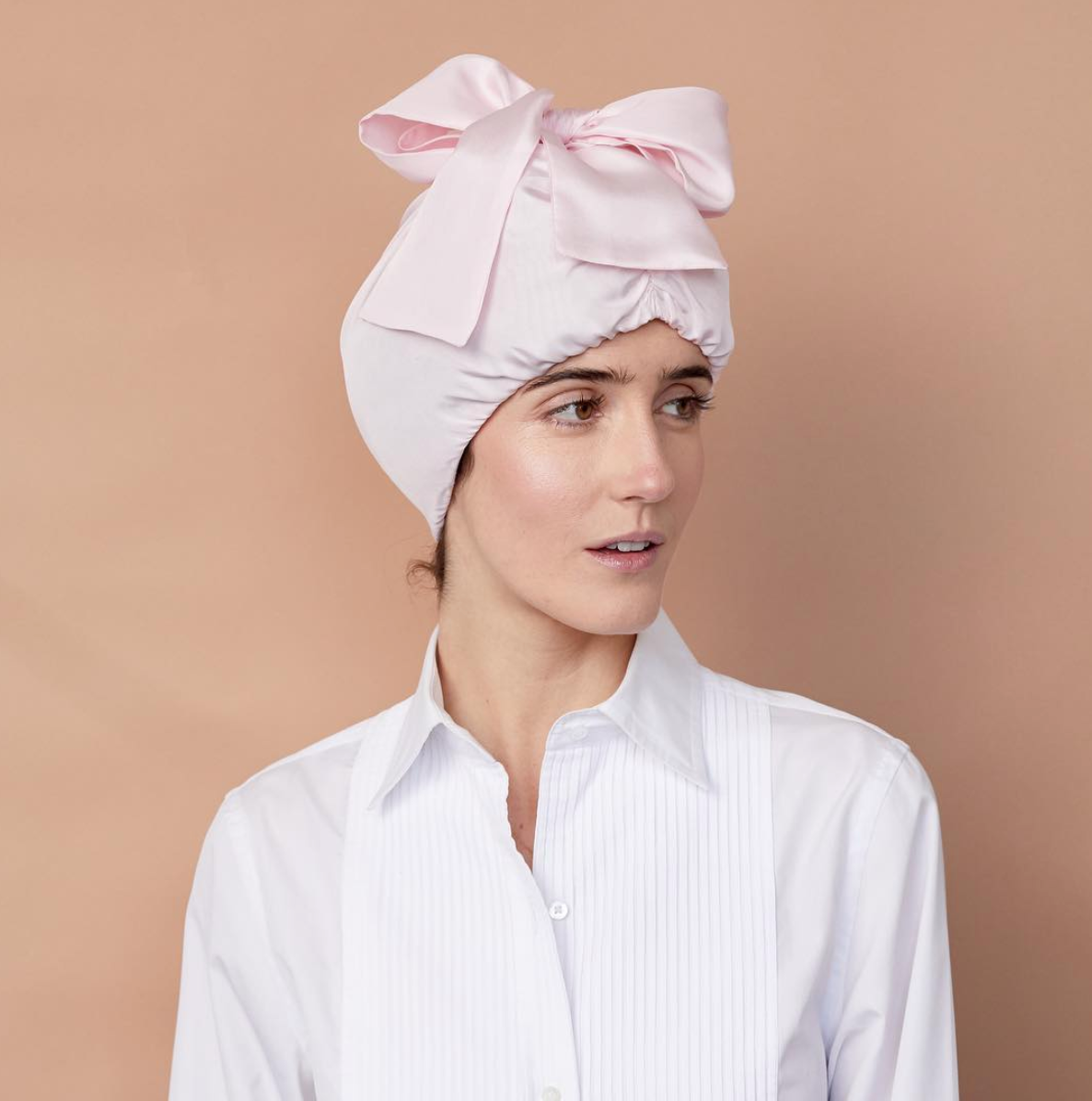
In an interview with Fashion Magazine, Marantz Lindenberg says she came up with the idea for the silk head wrap while preparing for her wedding. “I was preparing for my wedding and like a lot of brides, wanted everything to be perfect. My skin was breaking out, and I have quite long hair,” she recalls. “A dermatologist recommended that I sleep with my hair pulled back. Another physician recommended I try silk scarves and I had fun playing around with them, but they didn’t stay on.”
The NiteCap creator noted that there were other products on the market but none were a functional and fashionable solution, thus inspiring Marantz Lindenberg to create something of her own. But in actuality, she produced the same product we’ve been using to wrap our hair for years: a bonnet.
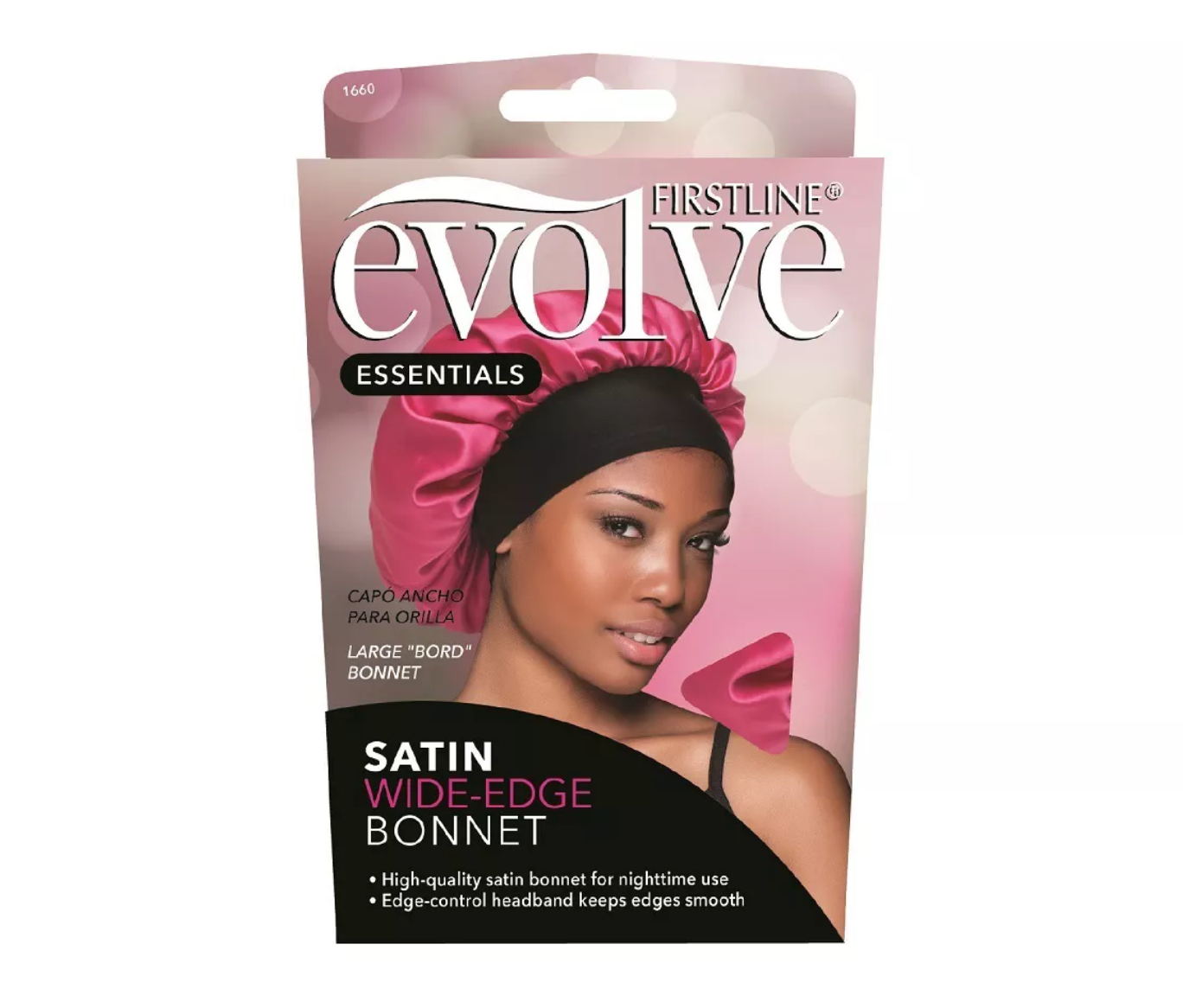
The product appears to be the same hair accessory that cost less than $5 at beauty supply stores.
News of the overpriced NiteCap sent Black Twitter into a frenzy and angry tweets led the company to issue a statement.
“NiteCap was developed because I was searching for a product that looked and performed exactly the way I wanted, for my personal use. It was important [to] me that the product was produced locally in Canada and made from natural fabrics. A small business grew quickly, but in the process, I failed to connect it back to the broader historical context. We stand with those who are hurt, and we respect and hear their voices. We’re committed to honoring the historical significance of hair wrapping and this will now be part of our approach,” the company shared in an Instagram post.
Marantz Lindenberg isn’t the only one who failed to connect NiteCap back to the centuries-old hair wrapping practice made popular by black women. The story’s journalist, who is also a Caucasian woman, failed to underscore the cultural significance, which highlights yet another issue: the need for Black journalist.




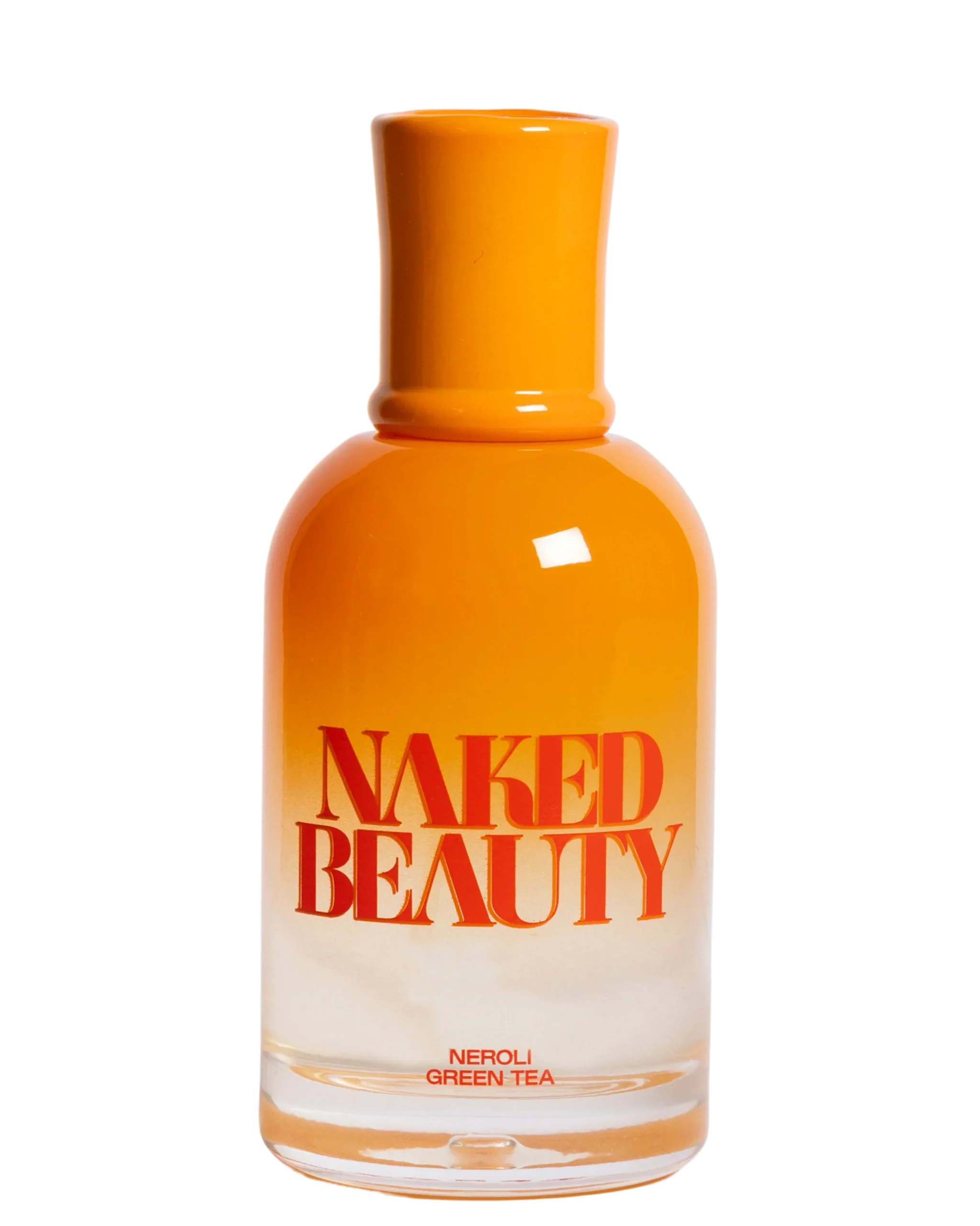
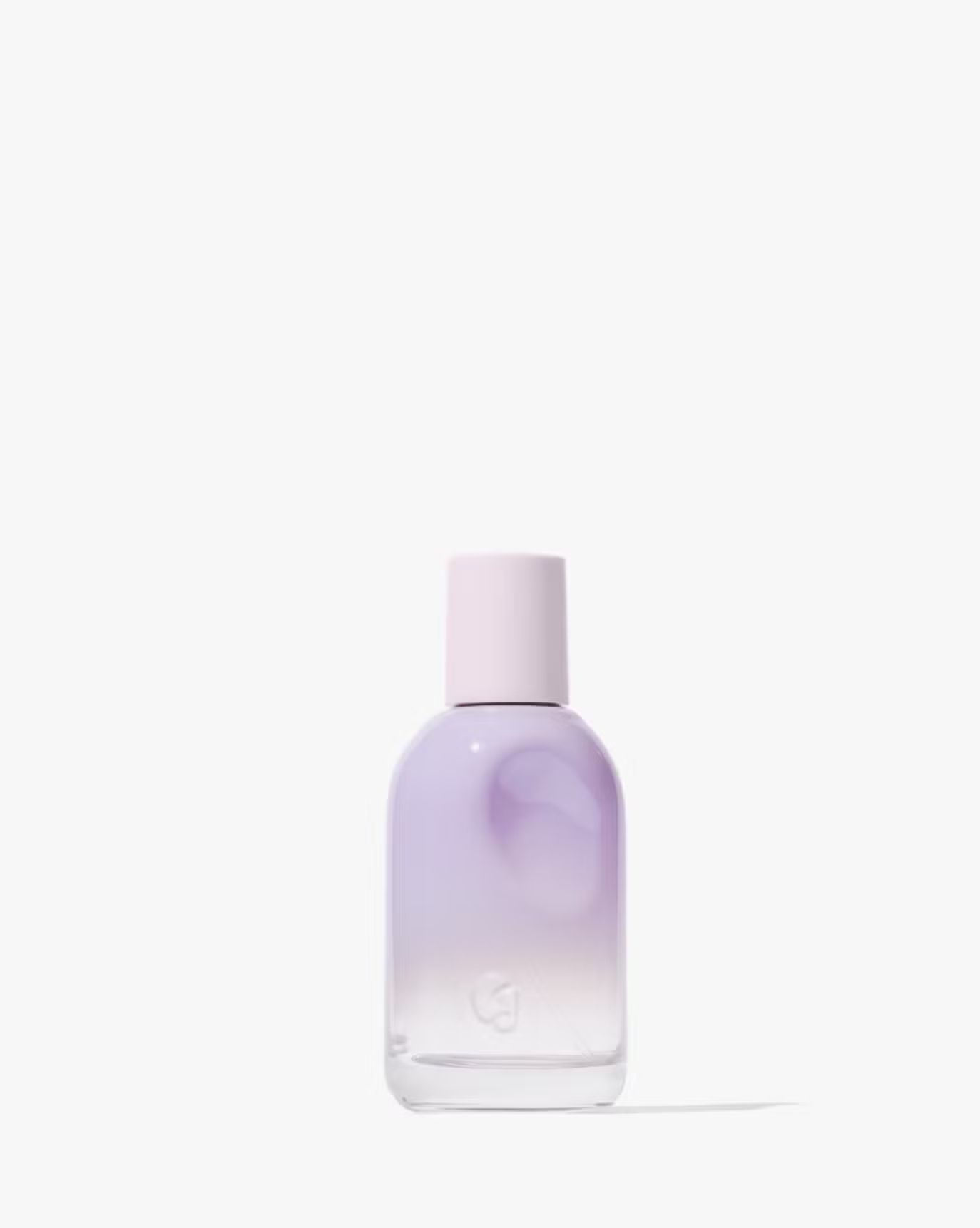
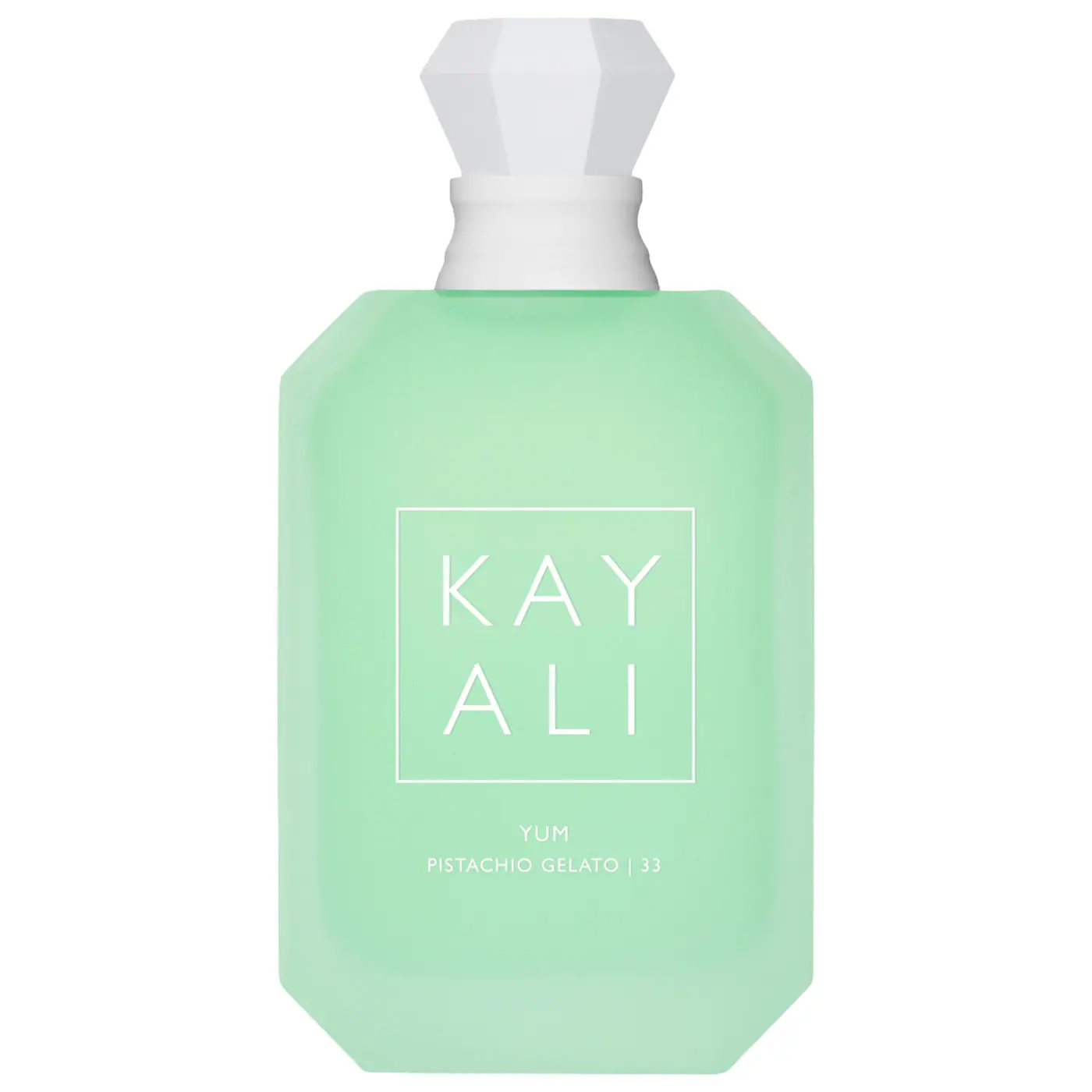
All too often, traditional Black hairstyles and hairstyling techniques are touted as “new” and “innovative” when seen on white women, and reports fail to credit black hair culture, and Black women are tired of the offense.
In a video posted to Twitter, one Black woman challenges white people to do better. “Come on white people ya’ll need to do better,” she motions. “It’s too many people of color for ya’ll not to be in the know about what’s already out there.”
As for the case of NiteCaps, the verdict is out. This is, in fact, another act of whitewashing (no surprises there).





